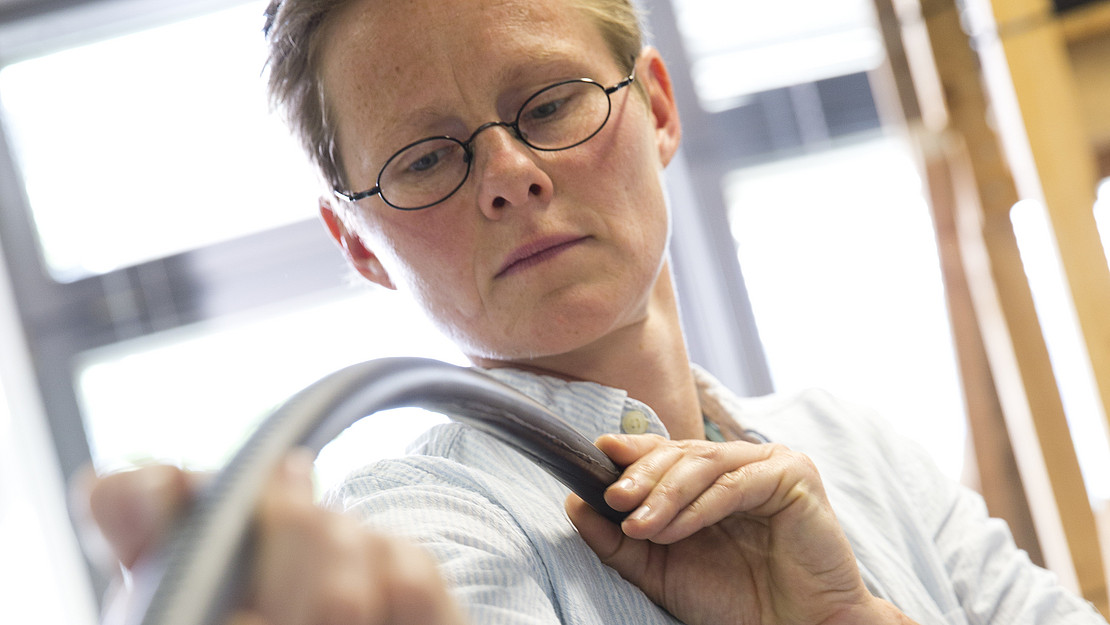This page contains automatically translated content.
"Water determines hunger, crop failure, and ultimately life and death"
 Image: Sonja Rode/Light Catch
Image: Sonja Rode/Light Catch"Water gives life. No one knows this better on any continent than in Africa. For people on the other side of the Mediterranean, how to use water sparingly and efficiently is often not just a question of sustainability and environmental protection. It is a question that can make the difference between hunger and crop failure, and ultimately between life and death. I was already confronted with this when I studied environmental engineering in Rostock. One of my lecturers often talked about the inefficiency and high water consumption of agriculture in developing countries. It is precisely where it is most urgently needed that most water is lost. This topic has stuck with me ever since.
That's why, in my dissertation, I looked into the possibilities of new 'intelligent' irrigation technology. I asked myself how fields could be irrigated better and more efficiently, and I found a solution. My idea was simple: a self-controlling irrigation system. Porous hoses laid underground supply water to the soil as needed. When the soil is dry, the hose releases water. If the soil becomes wetter, the amount of water released is also reduced. In this way, none of the precious water is wasted. This requires neither electricity nor much manpower. The special material properties of the hoses alone ensure their water permeability.
I completed my doctorate in 2016 at the Department of Agricultural Engineering at the University of Kassel. Our experiments were not limited to Germany; our research work also took us to Kenya and Algeria. I had fascinating experiences far away, and not just scientifically. All the staff on site were very cordial. During the scientific work, we quickly got to know each other not only on a professional level, but also on a human level. I still keep in good contact with many former colleagues in Africa.
With the help of a postdoctoral fellowship, I am now investigating cleaning processes for the hoses. In this way, I am ensuring that they can also be used in the long term. With this fellowship, the B. Braun company supports postdocs who want to put the results of their doctoral thesis into practice."